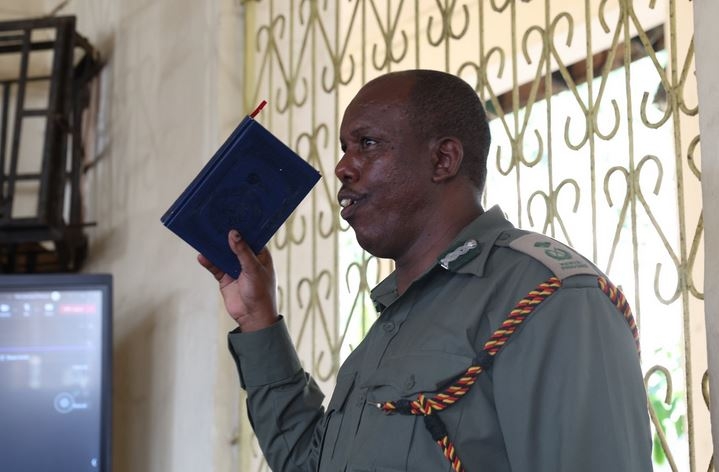
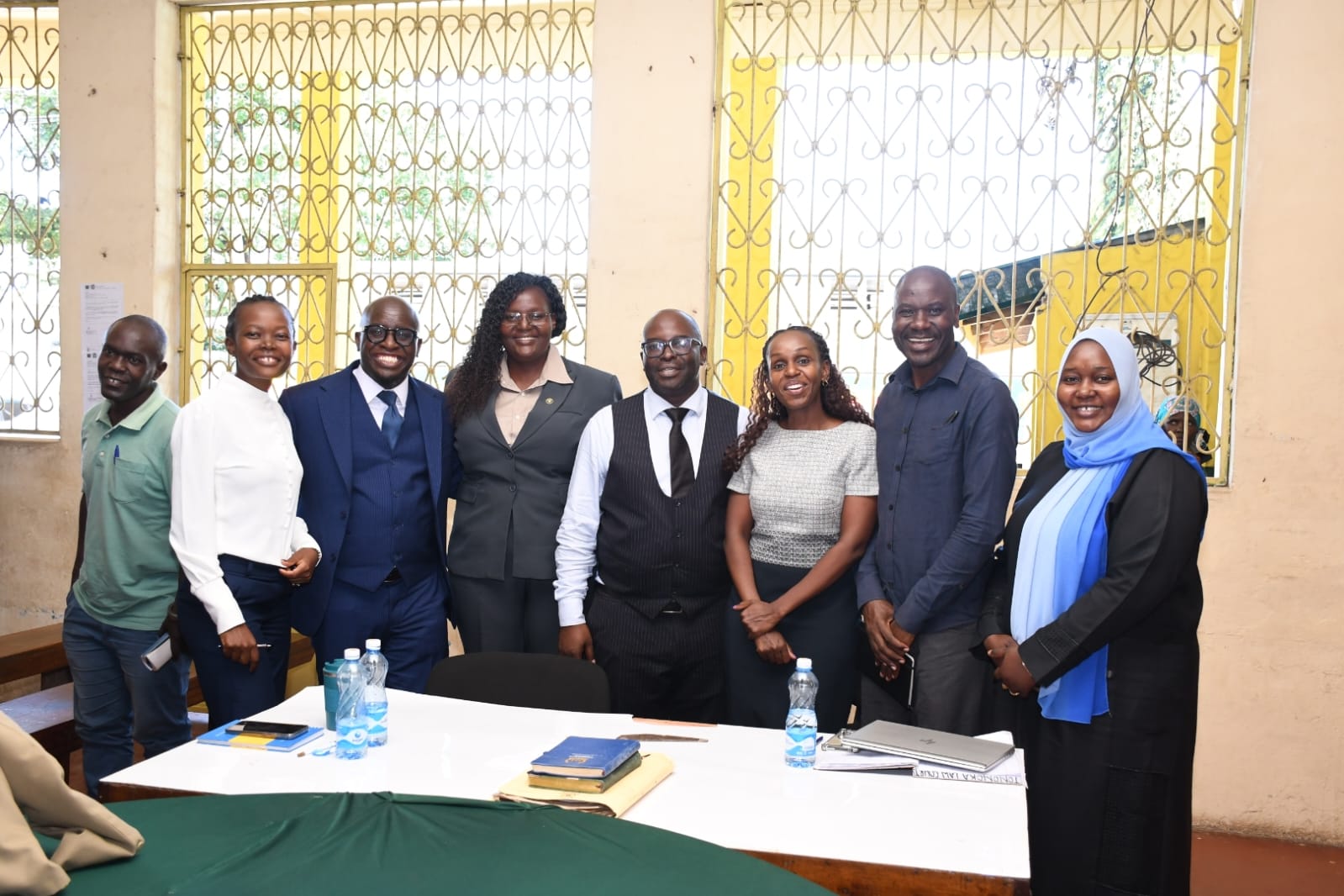
The Director of Public Prosecutions (DPP) has formally closed its case in the Shakahola massacre trial against controversial preacher Paul Nthenge Mackenzie and 35 co-accused, marking a major milestone in proceedings linked to one of Kenya's most chilling tragedies.
The case, centred on crimes against children, began on July 24, 2024, when the first witness testified.
Since then, the Prosecution, led by Assistant Director of Public Prosecutions Jami Yamina alongside Principal Prosecution Counsels Victor Owiti and Betty Rubia and Prosecution Counsels Biasha Khalifa and Eunice Odongo, has presented 76 witnesses before Tononoka Children’s Court Principal Magistrate Nelly Chepchirchir.
The charges include cruelty to children, torture, and denial of the right to education.
All the offences are tied to events in Shakahola, Kilifi County, where followers of Mackenzie’s Good News International Church were allegedly indoctrinated into deadly practices.
On the final day of hearings, three key witnesses took the stand. Safaricom data analyst Dennis Muriithi detailed how the company complied with court orders to provide call records and M-Pesa registration details, including four numbers linked to Mackenzie.
The data, he said, was instrumental in tracing phone activity connected to the suspects.
The court also heard the harrowing account of 21-year-old Israel Veronica from Chakama, Malindi.
She testified that her father, mother, and uncle, all accused in the case, pulled her and her six siblings out of school in 2019, insisting that education was sinful.
Her family later sold all their property in Nairobi’s Kasarani and relocated to Shakahola, abandoning modern life to follow Mackenzie’s teachings.
Inspector Phoebe Okomo of the Directorate of Criminal Investigations’ Child Protection Unit in Mombasa recounted her role in rescuing 27 children from Malindi, aged between one and seventeen.
She told the court that the children described life in Shakahola’s so-called “estates”, Judea, Samaria, and Jerusalem, where they were subjected to hunger, prayer rituals, and burial ceremonies under a tree.
Inspector Okomo testified that the children identified Mackenzie during a parade and described being denied food, withdrawn from school, and subjected to beatings. Some bore severe injuries, with one victim requiring corrective surgery.
She added that the children showed signs of deep trauma, with Play Therapy Kenya and the Director of Children Services providing counselling during interviews.
The officer further linked several rescued children to their accused relatives, noting that some were parents, uncles, or even guards within Mackenzie’s community.
She ended her testimony by expressing sympathy for the victims and gratitude to the court and legal teams for pursuing justice.
The Prosecution, in closing, thanked all witnesses who came forward and the court for its guidance throughout the hearings.
While this case has now entered the submissions stage, Mackenzie and his co-accused are also facing separate trials on murder, manslaughter, and terrorism-related charges at the Mombasa High Court, Mombasa Law Courts, and Shanzu Law Courts.
The matter will be mentioned on October 14, 2025, to confirm whether the proceedings have been typed in readiness for submissions.




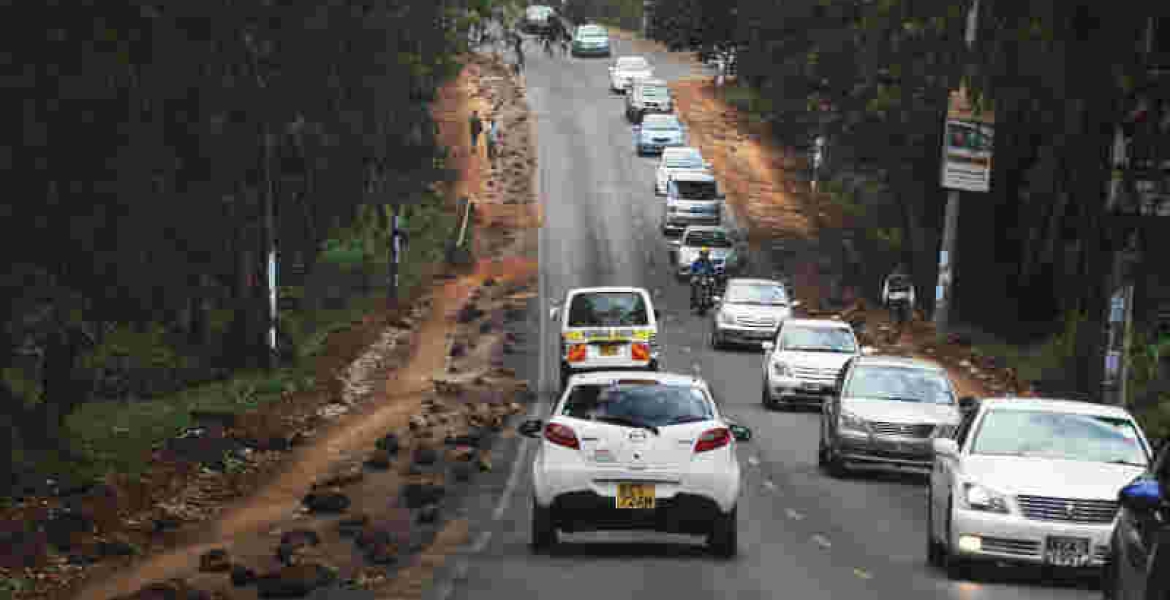

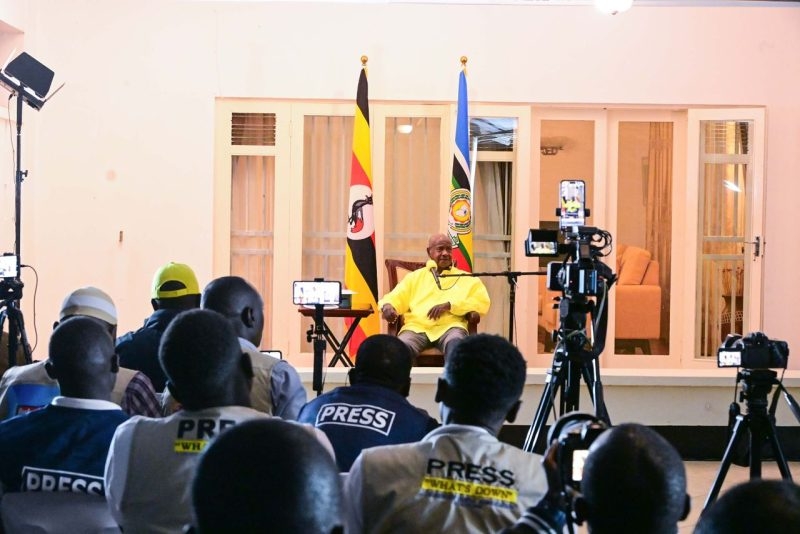





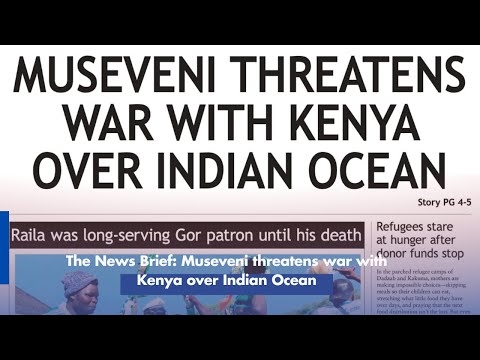

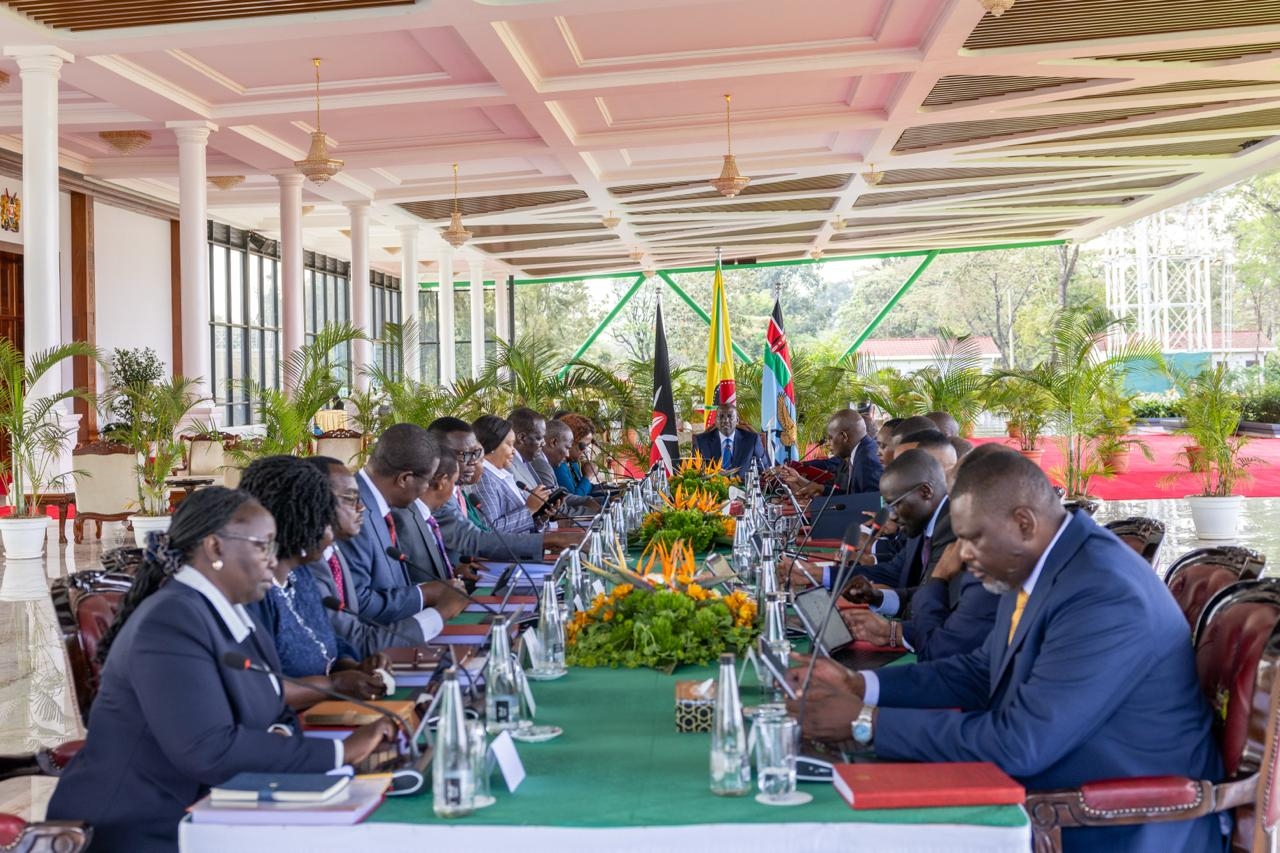

![[PHOTOS] Gor fans march to Bondo to honour Raila](/_next/image?url=https%3A%2F%2Fcdn.radioafrica.digital%2Fimage%2F2025%2F11%2F753aaa26-999c-40fe-bf2e-409fc6282745.jpeg&w=3840&q=100)
